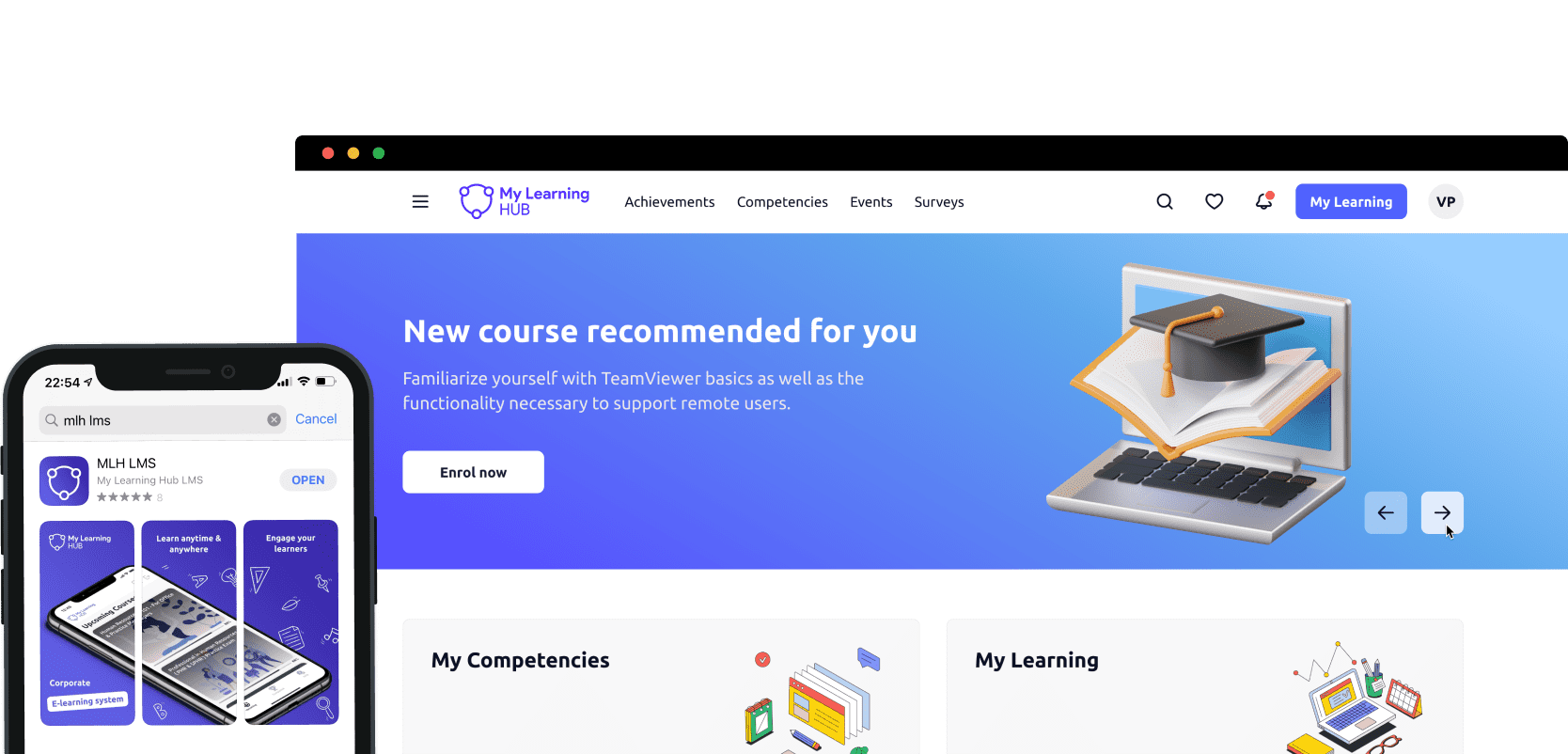
A learning management system requires an effective learning management strategy to produce outstanding results. Just as a priceless violin will remain silent until picked up and played by a virtuoso musician, an LMS will produce nothing if motivated employees do not sign in and use it.
Organisations who consider their LMS a failure often view it as a hi-tech repository for training materials where employees will go to find what they want. They don’t put time and effort into motivating their employees to take up training.
Is this a surprise? Many organisations consider increased productivity the highest possible achievement, but often they take away the very tools employees need to perform better, while loading them with additional responsibilities. It’s no surprise that employees can feel they don’t have the time for personal development or simply don’t have the motivation. Yet employers will say that all the training content they need is at their fingertips.
This ‘passive’ role of the LMS has to change to a more active role where the LMS prompts and motivates employees. Workers who are overwhelmed by increasing workloads and too much information need guidance and mentoring, which an LMS can help provide.
The growing use of artificial intelligence (AI) and predictive analytics by LMSs can help to manage an individual’s personal development, using historical data from a range of sources to recommend training based on the person’s actual work performance, identified potential and personal career aspirations. With the best intentions, few employees have spare capacity in their schedules to look after themselves and this is an area where an LMS can fill a big gap.
Recommended training may focus on remedial or refresher material if the LMS identifies a weakness in performance or it may suggest content outside the employee’s current role, which helps them towards promotion. The LMS has to provide adaptive learning, based on the skills and needs of the individual rather on what courses are available.
Increasingly, formal courses, both in the classroom and delivered by e-learning, will become redundant. Employees can now acquire general knowledge easily by asking a question online, through social learning among their peers and from using forums, wikis and FAQS. An LMS must track all this content and be able to provide it to an individual employee as soon as it recognises they need it.
Where content is tailored to the employee, delivered in the employee’s preferred format and with the option to consume it at a convenient time, employees are more likely to engage.
The learning management system of tomorrow will have to manage all this as well as managing more socially created and shared content, virtual reality simulations and constantly changing formats. It must evolve to create new content and assess learning automatically with less involvement from human learning and development teams.
To survive and thrive, LMSs must become more dynamic and take on more learning management made possible by advancing AI and robotics technologies to provide relevant, personalised content and manage or support all aspects of employees’ personal development.










